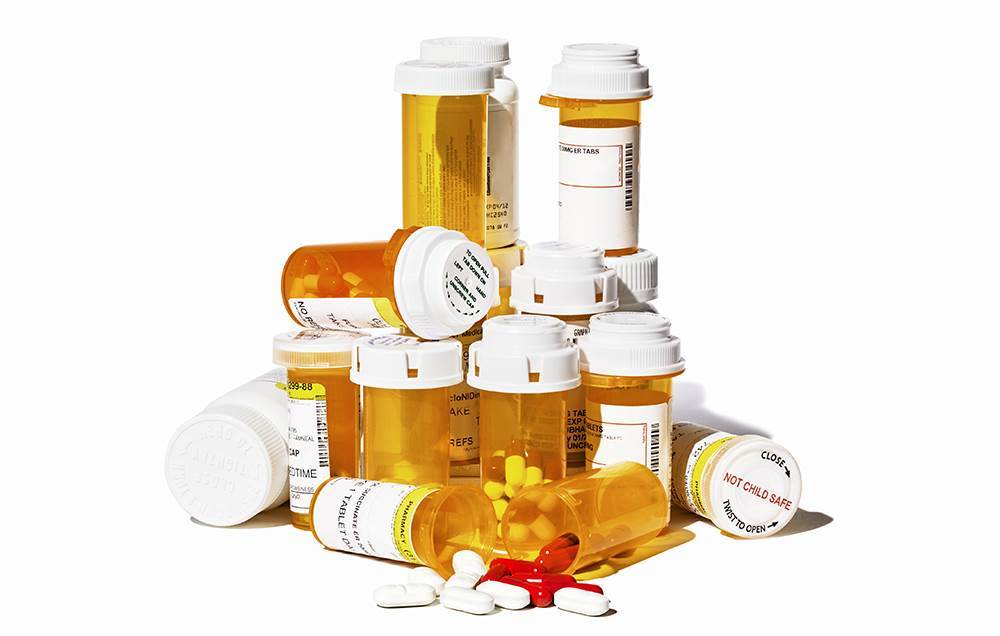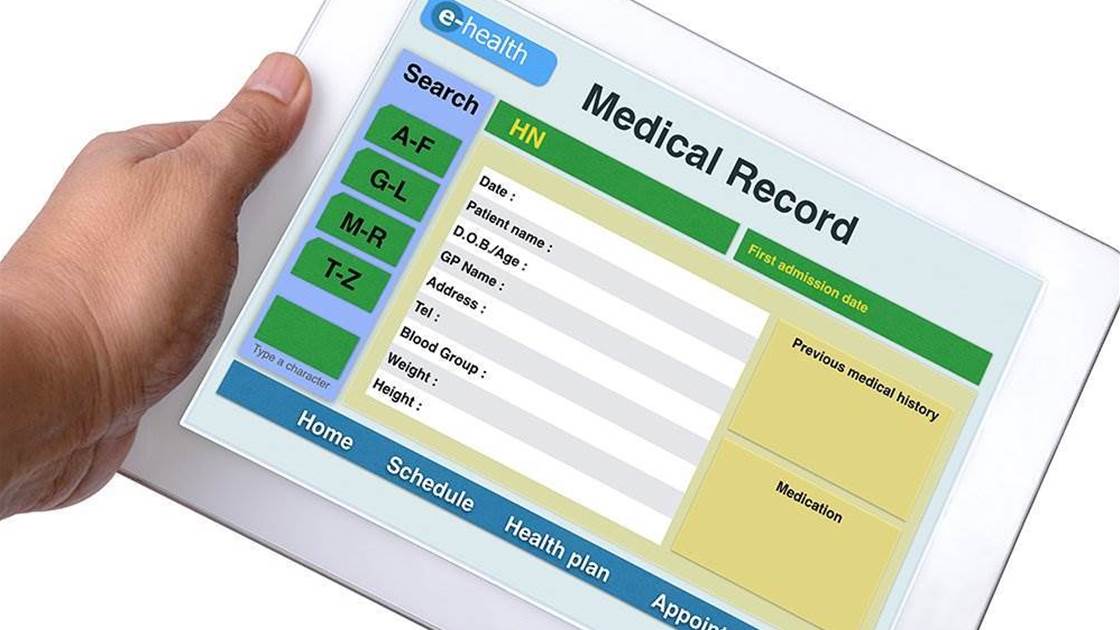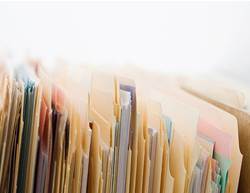As you navigate through life, keep your medical records with you.
Gone are the days when people kept their family physician past childhood through young adulthood and parenthood and into old age. Now most health care consists of an assortment of primary care physicians and specialists, supplemented by visits to urgent care clinics and emergency rooms. Unfortunately, that patchwork of health care often comes with a disorganised collection of medical records, to the point where it's unlikely that any one doctor knows a patient's entire health history.
That means it's up to you to provide that history. And, no, you don't have to track down your old pediatrician; he or she probably doesn't even have your paper records anymore.
If your doctor is one of the many who have switched to keeping patients' records digitally, the task of compiling your history will be easier. There are two kinds of digital records: electronic medical records and electronic health records. An EMR is a digital version of the records individual doctors keep—it's like your doctor's old medical chart, but now on a computer. EHRs are designed to help share information among different doctors and hospitals—and with patients, too.
There are clear benefits to electronic record keeping. Besides eliminating the headache of paper files and making it easier to share information, digital records may save lives, explains Lesley Kadlec of the American Health Information Management Association. Emergency room doctors no longer have to waste time dashing to the records department for the chart of a patient who was just admitted—they can simply call it up on a computer screen.
There are stumbling blocks, however. For starters, because EHRs are a recent phenomenon, everyone has a medical history of appointments and treatments that occurred before digital records existed. It's also surprisingly difficult, given the ease with which other information is shared online, to swap records between your primary care doctor and a specialist's office if they don't use the same EHR system. Compiling your history may still mean contacting many different providers.
Here's what you need to have in your possession and how to find it.
(Want to pick up some healthier habits? Sign up for FREE to get healthy living tips, weight loss inspiration, slimming recipes and more delivered straight to your inbox!)







A list of all current meds
Keep a list of what you've been prescribed plus anything else you're taking, says Dr Lynne Lillie. "It's important for a doctor to know everything a patient is taking," she says, including vitamins and supplements—many can interact with prescription drugs.
If you see different doctors who prescribe meds without consulting each other (and don't share an EHR system), they can refer to your list before making any new drug recommendations, says Dr Navya Mysore.
WHERE TO GET IT: Start by writing down, typing up, or photographing the labels of your current prescription meds, including drug name, dosage and instructions. Contact the prescribing doctor for any missing information. Then add to the list any vitamins, supplements and other diet, nutrition, or weight loss aids you take.
A description of your chronic medical conditions
If you've had care for an ongoing health problem such as asthma or diabetes, you've likely tried several treatments. It's helpful for your doctor if you keep track of what you've already tried, what's worked or hasn't worked, and what kind of progress you're making.
WHERE TO GET IT: If you received your diagnosis within the past 7 to 10 years, those paper records may still be available. But if your diagnosis was made before that, your doctor may have discarded them. In these cases, do your best to recall the earliest stages of your condition and treatment and write down what happened. Consult other doctors who have treated you since then to obtain your records.
A log of past procedures
Making sure your physician understands what kinds of medical procedures you've had in the past can affect your future treatment. If you had a mastectomy, for example, your doctor will tailor ongoing breast cancer screening to your personal history. If you've had several cancerous moles removed, a doctor will want to keep a close eye on other suspicious spots. Include outpatient and in-office procedures in your log.
WHERE TO GET IT: You probably remember big surgeries and procedures, but if you're unsure, consult the insurance companies you've used. They should be able to provide you with a list of the treatments and procedures doctors billed them for over the period you were covered, says Dan Greden, head of e-health products and clinical innovation for insurance provider Aetna.
A copy of recent test results
The results of cholesterol, blood sugar and blood pressure tests provide a baseline for any doctor to get quick insight into your overall health, Mysore says. If you're being followed for specific conditions that require frequent workups, such as anemia or hypothyroidism, include those numbers, too, as well as results from regular screenings like Pap tests and mammograms.
WHERE TO GET IT: Request a copy of the past 2 years' blood work and screening results from your most recent physician.
A list of immunisations
"A lot of patients have no idea what vaccinations they've had," Mysore says. "For certain vaccines, we can run a blood test to see if they've been immunised."
WHERE TO GET IT: Contact your past physicians to see what's on record.
Your family history
Your family medical history can play a big role in indicating whether you should undergo early screening tests for conditions such as heart disease, diabetes, elevated cholesterol and cancers of the breast, colon or prostate, Lillie says.
WHERE TO GET IT: Talk to family members about their past health problems. It's not always a cheery conversation, but it could save your life.
How to organise your health records
- GO DIGITAL.
Type up lists of your medications, vaccinations and family history, and scan copies of imaging and other test results. Then save everything to an online file-sharing program like Dropbox or Google Drive. - OR STICK WITH PAPER.
- If you're more comfortable with paper records, keep the most important information accessible so you can take it to appointments. Organise and store older, less important information.
- KEEP THE ESSENTIALS.
How long to hold on to medical records varies from person to person. You should keep information about treating your lifelong allergies, for example, but you don't need decades' worth of blood test results. - STAY UP TO DATE.
Once you've compiled your medical history, keep the records up to date by adding to them each time you have a doctor's appointment, get new test results, or receive a new prescription.










